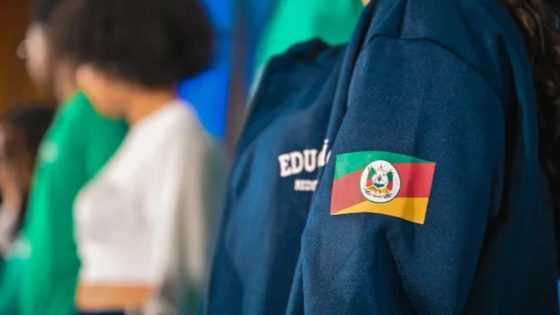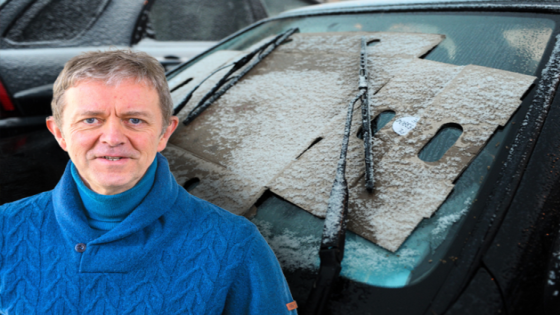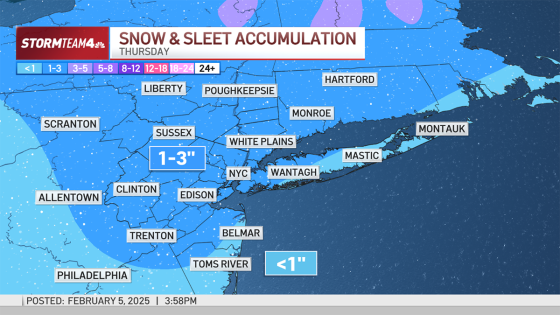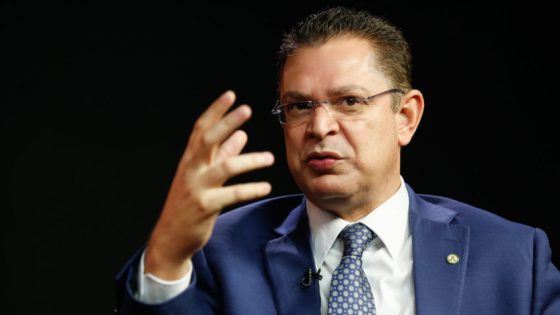The return to classes in the public schools of Rio Grande do Sul has been suspended due to extreme heat concerns. Initially scheduled for February 10, the start date has now been pushed to February 17 following a judicial decision aimed at protecting students and staff from soaring temperatures.
- Rio Grande do Sul suspends school reopening.
- Classes rescheduled to February 17.
- Extreme heat prompted teachers' union request.
- Initial request denied by education secretary.
- Court eventually granted the teachers' appeal.
- Meteorologists predict temperatures up to 40ºC.
Why Did the Courts Delay the Start of School in Rio Grande do Sul?
What factors led to this significant decision? The courts acted in response to a request from the state teachers’ union, citing inadequate facilities to handle extreme heat. With temperatures forecasted to reach up to 40ºC, the safety of students and staff became a priority.
How Are Weather Conditions Affecting School Operations in Brazil?
In Brazil, particularly in Rio Grande do Sul, the impact of weather on education is becoming increasingly evident. The decision to delay classes reflects a growing awareness of the need for safe learning environments.
Key Factors Behind the School Delay Decision
The recent judicial decision to postpone school reopening was influenced by several key factors:
- Extreme heat warnings from meteorologists.
- Concerns about inadequate school infrastructure.
- Requests from teachers’ unions for student safety.
- Initial resistance from the state education department.
Implications for Students and Parents
This delay affects thousands of students and their families. Parents must now adjust their schedules and plans, while students face uncertainty about their education timeline. How will this impact learning outcomes in the long run?
Comparative Analysis with U.S. School Policies
In the U.S., many schools have protocols for extreme weather, including heat waves. This situation in Brazil raises questions about how prepared schools are globally for climate-related challenges. Are U.S. schools ready to adapt to similar scenarios?
In conclusion, the suspension of classes in Rio Grande do Sul due to extreme temperatures highlights the critical intersection of weather and education. As climate patterns shift, schools worldwide may need to reassess their safety measures to ensure the well-being of students and staff.

































